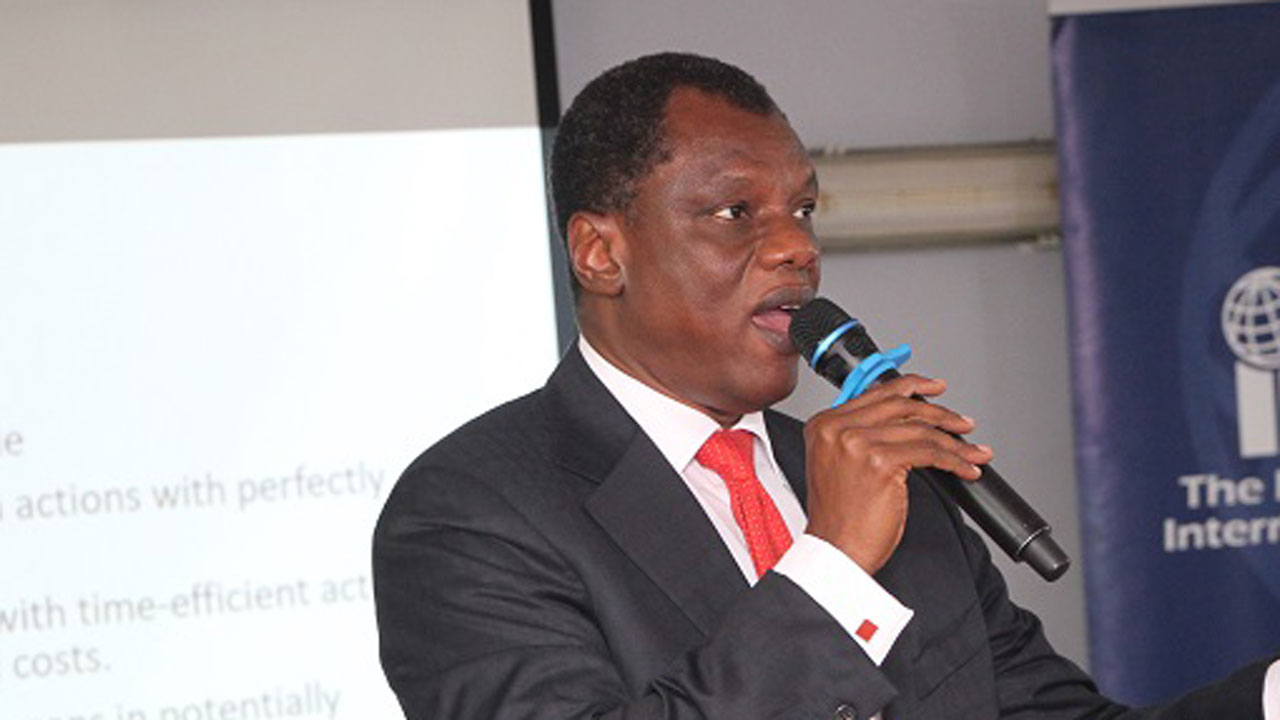
Stakeholders in the financial technology ecosystem have thrown their weight behind digitalization of retail payment system in the country as a boost to financial inclusion initiative of the Central Bank of Nigeria (CBN).
Austin Okere, founder, CWG said that in most emerging markets and developing countries, the current formal financial system only reaches a minority of the working-age adult population, hence the need to support FinTech companies.
“Smallholder farmers, self-employed households, and micro-entrepreneurs have to rely on the age-old informal financial mechanisms such as rotating savings clubs (Isusu or Ajoo). These mechanisms can be unreliable and very expensive.
“In Nigeria for instance 84.6m people, accounting for 47% of the population are unbanked. In sharp contrast, mobile phone penetration is very high at 94.5 percent; a perfect set-up for the Fintechs to exploit in their mobile dominated financial services offering.
“The digitization of retail payment systems and financial services has become an important economic development priority. It offers the prospect of reaching far more people at far lower costs with the broader range of financial services they need to build resilience and capture opportunities,” he said.
According to him, ‘the future of Fintech seems bright. Accenture recently released a report which found that investment in Fintech around the world has increased dramatically from $930 million in 2008 to more than $12 billion by early 2015. The Fintechs employ Artificial Intelligence, Big Data and Machine Learning to glean the credit habits of customers from their mobile usage, and so have mitigated against the risk of default.’
He explained that customers are the most significant force, and represented by the outermost sector of the concentric circles.
“As they tend more towards a preference for digital currencies, the Fintechs will tend to assume a more prominent role in the new face of banking, and the Regulatory regime will inadvertently tend towards the Communication Commissions under whose purview the Fintechs fall.
“This will introduce a regulatory imbroglio, as future ‘Huge Banks’ may fall outside the regulatory ambit of Central Banks as seems to be the case with the MPESA.
Safaricom, the telecoms promoter of MPESA ironically falls under the regulation of the Communications Authority of Kenya rather than the Kenyan Central Bank.
Emmanual Agha, managing director, Innovectives LLC, said that digitalization of retail payment will help address the huge cash transactions going on at different market clusters across the country.
“There is huge cash transactions going on every day at various market clusters such as Computer Village where over a million transactions happen between 9am and 4pm with only 1 percent of it going through electronically.
He stressed the need for banks to enlighten their customers on the various banking services that can be carried out on PoS and other digital channels.
Victor Olojo, national president, Association of Mobile Money Agents of Nigeria (AMMAN), stressed the need to ensure that technologies that are deployed for agent banking are compactable with the environment where it is been deployed.
“We have observed that policy formations around financial inclusion for rural areas are done by people that don’t understand behavioural pattern of the rural populace in Nigeria. It has always been Top- bottom approach against Bottom- top approach,” he noted.
[ad unit=2]



